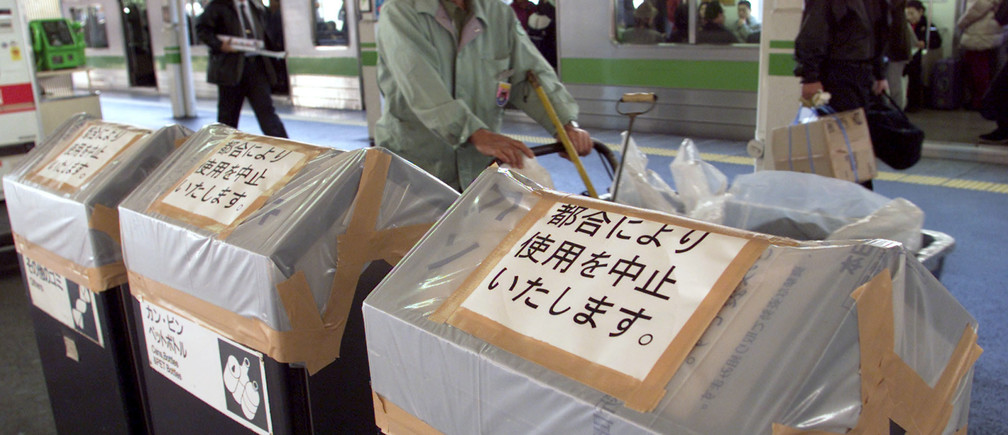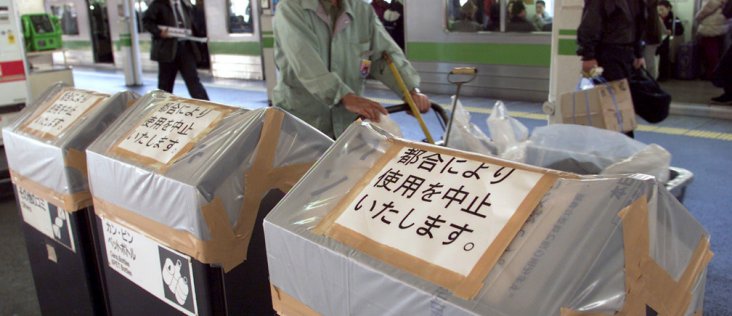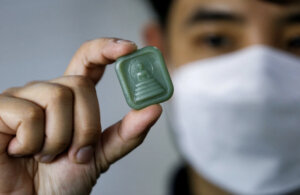“Mottainai” came to prominence in the post-war days of scarcity and is now handed down from grandparents to grandchildren. (Credit: Weforum.org)
According to an article on Weforum.org the Japanese have a word for the sense of regret they feel when something valuable is wasted: 'mottainai' (もったいない). It can be translated as “don’t waste anything worthy” or “what a waste”, and has come to represent the island nation’s environmental awareness.
Rooted in the Buddhist philosophy of frugality and being mindful of our actions, mottainai came to prominence in the post-war days of scarcity and is now handed down from grandparents to grandchildren.
But it’s also connected to Japan’s indigenous religion, Shintoism, in which nature and even man-made objects are imbued with their own ‘kami’ or spirit – meaning things have innate value and are not to be disrespectfully discarded.
Mottainai can be seen in the way Japanese decluttering champion Marie Kondo gives thanks to individual items of clothing before laying them in a pile for charity. It also explains why the country is a world leader when it comes to the 3Rs: reduce, reuse, recycle.
The term was also used by Kenyan Nobel Peace Prize winner Wangari Maathai, who founded the Greenbelt Movement, to encourage Africans to eliminate plastic waste.
Vid source:
もったいない Mottainai Promo Video










